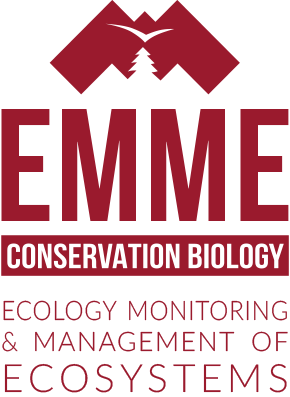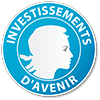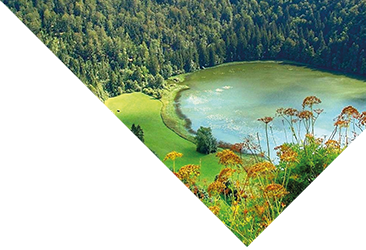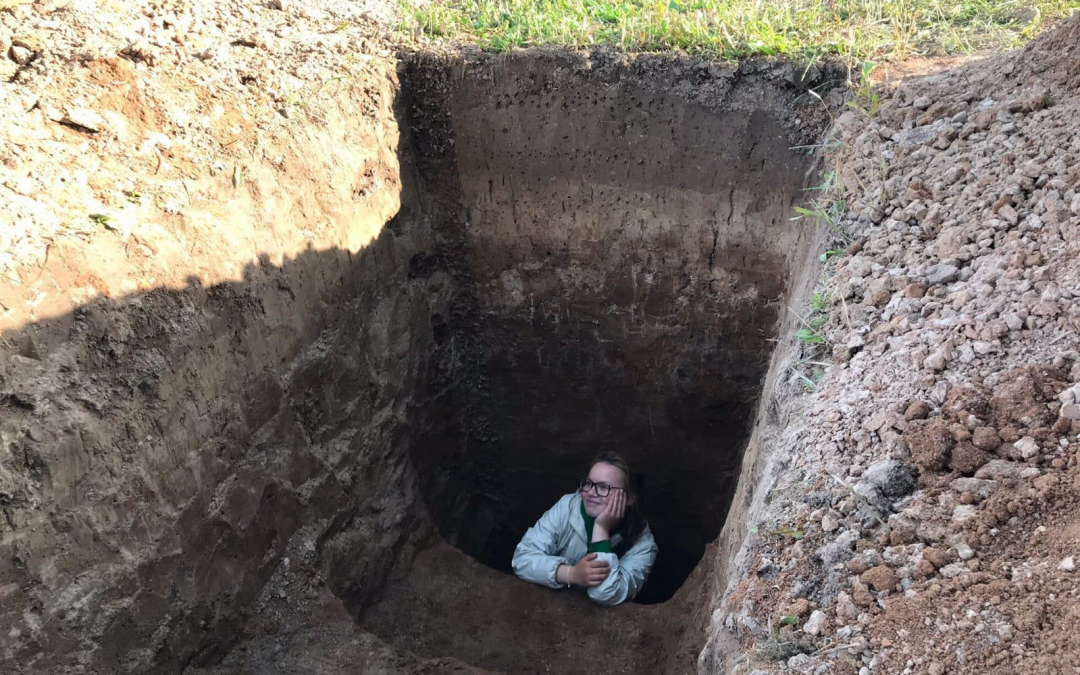Alisa Shakurova is a 2021/2022 EMME M1 international student from Russia.
Interviewer: Why did you choose France?
Alisa: I’m a huge fan of studying and obtaining new scientific and social experience. Also, I always was interested to try different possible education systems for being as good as a specialist as I can. So, education in Europe was a good opportunity to challenge myself and improve my skills. So, why France? France is one of the best countries for foreign students to start this wonderful academic journey because there are some good scholarships and English-language master programs take place. Additionally, it is important for me because I’m just starting to learn French language and UBFC tries to help with that.
Interviewer: Why did you choose this master’s degree?
Alisa: Unfortunately, I can’t speak French good enough to have a master’s degree programs in French at this moment. Also, I really wanted to continue environmental management studies and these kinds of programs are quite rare. So, the EMME program in UBFC fits my interests the most.
Interviewer: What is your perception of the first semester?
Alisa: That wasn’t easy as far as the educational system differs from the one, I got used to very strong. Some difficulties I was ready for however other ones surprised me, for example I knew the master level requires higher responsibility and lower teacher supervision, so most of the creative tasks without clear instructions and assessment criteria were not a surprise. Anyway, for example, I was discouraged the fact that internship searching isn’t provided with help.
Interviewer: What were your expectations? Did the master’s degree fulfill them?
Alisa: Honestly, I can’t say my expectations were so big as far as I’m always happy to get any educational experience in the field of my interests. I can add that academically I expected another context of courses that would be devoted to the management of artificial and natural ecosystems, however actual courses didn’t disappoint me, I feel myself a specialist in wider spheres of ecology knowledge now. The negative experience was usually connected with administrative structure, I expected more accurate organisation of courses and deadlines.
Interviewer: Do you handle bread and cheese? French administration?
Alisa: I was always a fan of cheese, but I didn’t have a possibility to try French cheese because of sanctions, so I’m happy to do this now (esp. fondue and raclette). But honestly some sorts of cheese are too fragrant even for me. Speaking about bread: my body is against of overconsumption of white bread that’s why I’m still at a loss in explaining how French eat so much bread. French administration – no comments, it’s as complex and twisted as legendary.
Interviewer: Could you tell us about your best experience so far in France?
Alisa: I love communication very much, so my favourite memory is not connected with any place, but with people. It’s a Christmas party with Secret Santa’s gifts exchanged with my classmates. It was a wonderful night of togetherness and a deeper acquaintance with each of them. I am grateful to France and this master’s program for this moment, for wonderful people without prejudice about my country.
Interviewer: Could you talk about the differences between French faculties and Russian ones?
Alisa: First, I don’t think there is any point in directly comparing faculties and areas of study in France and Russia, because the requirements for ecologists in different countries are different. In terms of skills, ecologists in Russia are much closer to chemists than to biologists. This is a surprising difference, which is explained by the fact that in Russia ecologists are needed primarily to control and protect the environment at production facilities. So now I sometimes feel like a baby when we do projects with animals in France, for example. The organization and administration are also very different. First – exams, in Russia most of them are oral, which pumps communication skills and charisma quite well.
Interviewer: What’s your favorite place in France? In Besançon?
Alisa: I couldn’t visit many of French regions because of my busy schedule anyway so far, I loved the Vosges. That was like in a fairy-tale when with a short time drive you can see how snow winter landscape is replaced by green valleys in blossom. In Besancon I mostly love the area of the river Doubs near Citadel, you feel the medieval atmosphere and at the same time so close to nature with a river flow and the forest nearby.
Interviewer: What’s your opinion about French food?
Alisa: For now, I’m not even sure that I tried a real French cuisine. Even in the city centers most of the cafes are Italian or Asian. For example, I love a French onion soup which is popular in Russia, it was a symbol of French cuisine for me. That’s why it’s funny I have not tried it here, even if I’m in France longer than a half of the year for now. Anyway, I hope I will be able to do it in the nearest future. And by the way, Raclette and Fondue are the best.
Interviewer: Are there any French things driving you crazy?
Alisa: It’s hard to make me angry but unfortunately, I’m very impatient and what really irritates me is to wait for something for a long time. I think that spending hours in the queues or just waiting for insurance, bank cards, etc – is a national kind of sport for French. I’m also shocked by the unwieldiness and bureaucratisation of every system: you can’t just go to the surgeon or to get an x-ray, you must go to the therapist first and to get a referral or you can’t just go to bank to get a card, you must wait for a letter with a card and then for another letter with instructions for the card. Moreover, it happens that trains between cities can be delayed and I can’t accept it because I don’t like to change my plans.






